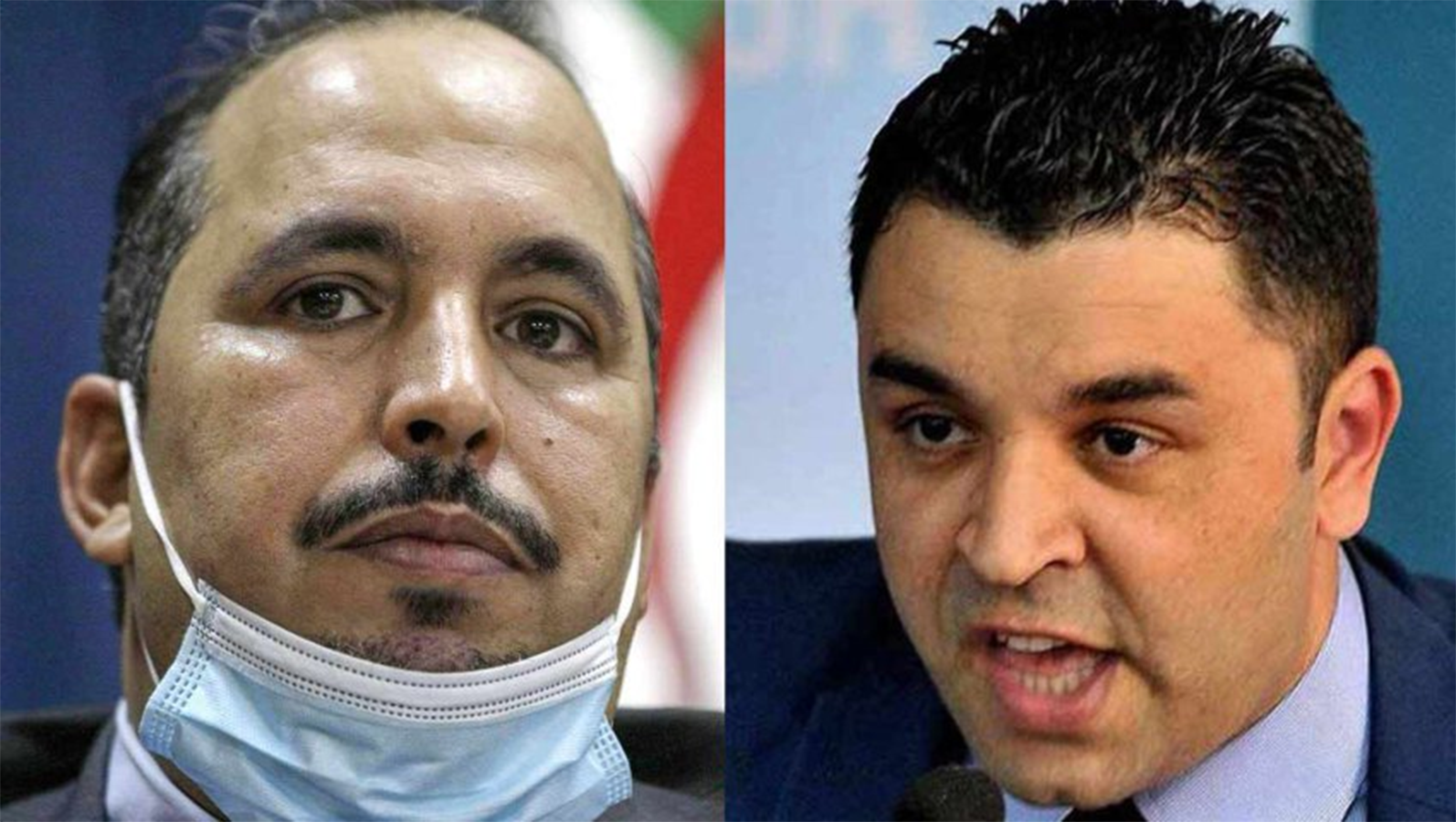The Scarcity Of Psychiatrists In Ghana: Implications For Mental Health Care

Table of Contents
The Current State of Psychiatric Services in Ghana
The current state of psychiatric services in Ghana is alarming. The psychiatrist-to-population ratio falls drastically short of World Health Organization (WHO) recommendations and lags behind many other African nations. This disparity in access to mental healthcare disproportionately affects vulnerable populations.
- Psychiatrist-to-population ratio: Estimates suggest a ratio of less than 1 psychiatrist per 100,000 people, far below the recommended ratio. Precise figures are difficult to obtain due to data limitations, highlighting another critical challenge.
- Uneven Geographical Distribution: Psychiatrists are heavily concentrated in urban centers like Accra and Kumasi, leaving rural communities severely underserved. Individuals in remote areas often lack access to any form of specialized mental health services.
- Waiting Times: Waiting times for psychiatric appointments are excessively long, often exceeding several months or even years. This delay in accessing crucial treatment can exacerbate mental health conditions and lead to poorer outcomes.
- Limited Resources: The scarcity of psychiatrists is further compounded by a shortage of mental health facilities, trained support staff, and essential resources. Many existing facilities lack adequate funding and infrastructure.
Underlying Causes of the Psychiatrist Shortage
The shortage of psychiatrists in Ghana stems from a complex interplay of factors. Addressing these underlying issues is crucial to improving the mental healthcare system.
- Limited Training Opportunities: The number of medical schools in Ghana offering psychiatric specializations is limited, restricting the pipeline of new psychiatrists. Training programs may also lack adequate resources and modern equipment.
- Insufficient Funding: Chronic underfunding of psychiatric training programs and mental health initiatives hampers the development of the field. This lack of financial support affects recruitment, retention, and the quality of training.
- Brain Drain: Many trained Ghanaian psychiatrists seek better opportunities and working conditions abroad, leading to a significant brain drain that further depletes the already limited pool of professionals. Competitive salaries and improved infrastructure in other countries attract skilled psychiatrists.
- Societal Stigma: The pervasive stigma associated with mental illness in Ghanaian society negatively impacts the recruitment and retention of psychiatrists. This stigma discourages individuals from seeking help and professionals from entering the field.
Consequences of the Psychiatrist Shortage on Mental Health Care
The consequences of this psychiatrist shortage are profound and far-reaching, impacting individuals, families, and the overall healthcare system.
- Delayed or Inaccessible Treatment: Many individuals with mental health conditions face significant delays in receiving treatment or are unable to access it altogether. This delay can lead to worsening symptoms, increased disability, and reduced quality of life.
- Over-reliance on Unqualified Practitioners: In the absence of qualified psychiatrists, many individuals turn to unqualified practitioners and traditional healers, potentially receiving ineffective or even harmful treatments.
- High Rates of Untreated Mental Illness: The lack of access to care contributes to high rates of untreated mental illness in Ghana. Untreated conditions can lead to severe consequences, including suicide, substance abuse, and other negative health outcomes.
- Increased Burden on Healthcare System: Untreated mental health conditions often manifest as physical health problems, placing a greater burden on the overall healthcare system. Addressing mental health issues proactively can alleviate pressure on other medical services.
Potential Solutions and Recommendations
Addressing the scarcity of psychiatrists requires a multi-pronged approach with sustained commitment from the government, healthcare professionals, and the broader community.
- Increased Investment in Training: Substantial investment in psychiatric training and education is critical, including expanding training programs, improving infrastructure, and offering competitive scholarships and stipends.
- Incentives for Retention: Offering competitive salaries, better working conditions, and opportunities for professional development can incentivize psychiatrists to stay and practice in Ghana.
- Community-Based Mental Health Programs: Developing and strengthening community-based mental health programs can improve access to care, especially in rural areas. These programs can involve community health workers, peer support groups, and telemedicine initiatives.
- Public Awareness Campaigns: Launching large-scale public awareness campaigns to reduce the stigma surrounding mental illness is essential. These campaigns should aim to educate the public about mental health conditions and encourage help-seeking behavior.
- International Collaboration: Seeking collaboration with international organizations and development partners can provide much-needed support in terms of funding, training, and expertise.
Conclusion: Addressing the Scarcity of Psychiatrists in Ghana for Improved Mental Health Care
The scarcity of psychiatrists in Ghana poses a significant obstacle to providing adequate mental health services. The consequences are far-reaching, impacting individual well-being, family structures, and the overall healthcare system. Addressing this critical issue requires immediate action. We must invest in training, provide incentives to attract and retain psychiatrists, expand community-based services, and tackle the stigma surrounding mental illness. Improving access to psychiatric care demands collaborative efforts from policymakers, healthcare professionals, and the public. Let us work together to tackle the shortage of psychiatrists in Ghana and build a stronger, more equitable mental health system. Support funding initiatives, advocate for policy changes, and raise awareness—let's collectively champion better mental healthcare for all Ghanaians.

Featured Posts
-
 Sydney Harbour Surveillance A Rise In Chinese Ship Activity Raises Questions
May 03, 2025
Sydney Harbour Surveillance A Rise In Chinese Ship Activity Raises Questions
May 03, 2025 -
 7 Nuevos Vehiculos Para El Sistema Penitenciario Aumento De La Eficiencia Operativa
May 03, 2025
7 Nuevos Vehiculos Para El Sistema Penitenciario Aumento De La Eficiencia Operativa
May 03, 2025 -
 Souness On Rice Arsenal Star Needs To Elevate Final Third Performance
May 03, 2025
Souness On Rice Arsenal Star Needs To Elevate Final Third Performance
May 03, 2025 -
 Algerie Les Partis Politiques Pt Ffs Rcd Jil Jadid Et La Nouvelle Loi
May 03, 2025
Algerie Les Partis Politiques Pt Ffs Rcd Jil Jadid Et La Nouvelle Loi
May 03, 2025 -
 High Costs Jeopardize Offshore Wind Farm Investments Industry Shift
May 03, 2025
High Costs Jeopardize Offshore Wind Farm Investments Industry Shift
May 03, 2025
